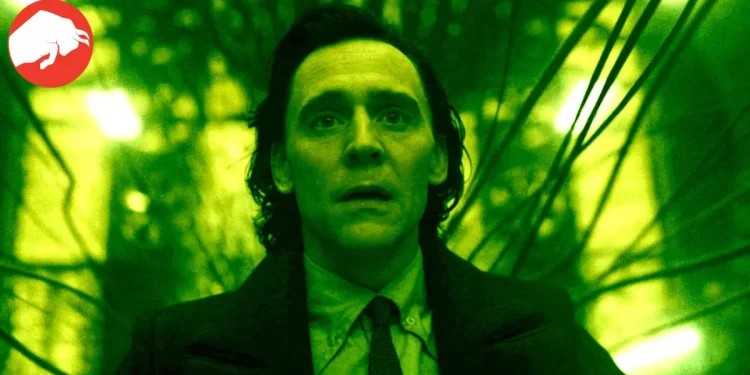Marvel’s “Loki” Season 2 finale made a significant departure from a long-standing MCU tradition: the post-credits scene. This choice, while surprising to some fans, marks a pivotal shift in the narrative approach of the franchise, especially considering Loki’s central role in the unfolding Multiverse Saga.
“Despite Loki being at the heart of the Multiverse Saga and directly setting up the upcoming Avengers: The Kang Dynasty, the final moments of season 2 are not dedicated to looking to what’s next.”
Marvel Studios has been synonymous with its use of post-credits scenes to tease future developments. However, in “Loki” Season 2, this tradition was broken, echoing a lesson first introduced in “Avengers: Endgame“.
The Significance of Loki’s Narrative Closure
The decision to forego a post-credits scene in “Loki” Season 2 signifies a deeper appreciation for narrative closure. This approach reflects a maturity in storytelling, allowing the series to conclude on an emotional and final note.

“Despite the no-doubt irresistible urge to tease what Loki’s decision at the end of ‘Glorious Purpose’ actually means to the rest of the MCU, the finale ends on an emotional note of finality.”
This creative choice mirrors the sentiment behind “Avengers: Endgame,” which also opted for an ending that emphasized the conclusion of a significant chapter in the MCU.
A Comparison with “Avengers: Endgame”
“Avengers: Endgame” marked a turning point in the MCU’s storytelling. By omitting a post-credits scene, it shifted the focus from relentless forward momentum to reflection and closure.
“Avengers: Endgame ignored the post-credits rule… it was done for effect, and it worked magnificently well.”
Anthony Russo, co-director of “Endgame,” explained this decision as a way to honor the end of a decade-long saga, focusing on the journey rather than the future.
Loki’s Journey in the MCU
Tom Hiddleston’s portrayal of Loki has been a cornerstone of the MCU since his debut in 2011’s “Thor.” Over the years, Loki transformed from a villain to a complex anti-hero, culminating in his ultimate sacrifice in the Season 2 finale.
“Death was never big enough for Loki, and his ultimate sacrifice at the end of Loki season 2 is even more important than if he’d given his life.”
This ending not only honored Loki’s character but also highlighted the impact and constancy of his presence in the MCU.

Marvel’s New Narrative Approach
The finale of “Loki” Season 2 represents a significant evolution in the MCU’s narrative approach. By choosing not to include a post-credits scene, Marvel Studios embraced the importance of a story’s conclusion, emphasizing the emotional weight of Loki’s journey.
“Like Endgame before it, Loki season 2 ignored the obligation to sell something else, and it feels like Marvel Studios finally learned the lesson that sometimes saying nothing about what’s next is better.”
This decision reflects a newfound respect for storytelling, character arcs, and the emotional resonance of a series finale, setting a precedent for future MCU projects.
“Loki Season 2: A New Chapter in Marvel Storytelling”
In summary, “Loki” Season 2’s finale signifies a new chapter in Marvel’s narrative strategy. By breaking away from the expectation of a post-credits scene, the series underscored the importance of storytelling and character development. This approach, reminiscent of the one taken in “Avengers: Endgame,” indicates Marvel’s willingness to let its stories breathe, offering a satisfying and emotionally resonant conclusion to Loki’s epic journey. As the MCU continues to evolve, this narrative choice could herald a more mature and reflective era of superhero storytelling.









